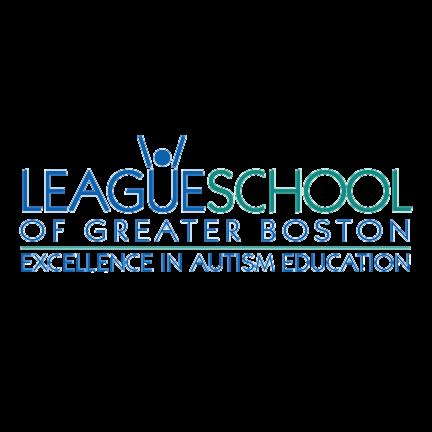
2 minute read
WE’RE HEADING SOUTH!
We’re opening another day school in Massachusetts!
Anticipated Opening in Stoughton, MA: May 2023!
Pamela S. Milman, Esq.
Daniel Mikolajewski, Esq.
Nicole Metsisto Mazer, Esq.
Ashley R. Waxman, Esq.
999 Broadway, Suite 301 Saugus, MA 01906
Phone: 781.231.IDEA (4332)
Fax: 781.231.FAPE (3273)
Email: ecals@comcast.net www.educationandjuvenilelaw.com

Melmark is Mission First. Every Individual, Every Day.
Melmark serves individuals with autism, acquired brain injury, neurodevelopmental disorders, dual diagnosis and severe challenging behavior.

Programs and services include:
• Premier special education day schools and residential homes for children
• Adult day and adult residential programs

• Autism-specialty early intervention services

• Public school and in-home consultation services
Inquiries and questions, please contact Elizabeth McRae, Administrator of Program Services at Melmark New England, (978-654-4300).
• Day and Residential Programs
• Academic programs based on age and ability for students 3-22
• On campus and community based career training starting at age 14
• Multidisciplinary educational framework based on the SCERTS Model
Learn more at www.melmark.org or scan this QR code!
To learn more contact League's Admissions Coordinator, Lynne Goyuk (P): (508)850-3900 (E): lgoyuk@leagueschool com www.leagueschool.org someone is in a wheelchair, it does not mean they have a cognitive disability. Also, disabilities are not contagious and children are not going to “catch” the disability. These things may sound obvious to adults, but children process things differently and many have these questions.


Name Calling Is Never Okay
Emphasize that people with disabilities have feelings too. Name calling is hurtful, disrespectful, and is a form of bullying. People with disabilities need others to stand up for them when they cannot stand up for themselves. Encourage your child to tell an adult if kids are teasing another child. Your child can be an example to others by being kind and respectful. Parents can set an example by using positive language and behavior towards others, as well.
A NOTE ABOUT “RUDE” COMMENTS
Kids are curious and love to ask questions. Many times, they will speak exactly what is on their mind, without thinking about whether the comments will be hurtful. This can be very embarrassing to parents. So, what do you do if your child blurts out a rude and embarrassing comment? Start by answering calmly and matter of factly. If, for example, your child says

“Why is that boy in a wheelchair?” Simply answer, “He needs it to move around. Why don’t you say hello?” If the child is reluctant, say hello to him yourself along with something like “John likes trains. Do you like trains too?” If the person accompanying the child responds, follow their lead. It is always better to treat others as you would like to be treated than to hurry away in an embarrassing situation. Later, when you are at home, you can ask your child if they have any other questions about others with disabilities and reinforce the value of treating everyone equally.
My sister-in-law, now thirty-eight years old, has been asked many questions over the years, some rude and some just curious. She has learned to handle them well because she knows that, just like anyone else she has challenges to overcome and successes to celebrate. Kara loves watching movies, dancing to music, and taking care of animals. She loves eating candy, pizza, and tacos. She is fun to be around and loves to get out and explore new places. People with disabilities are just people. Sometimes that simple fact is all kids need to know. Y

















